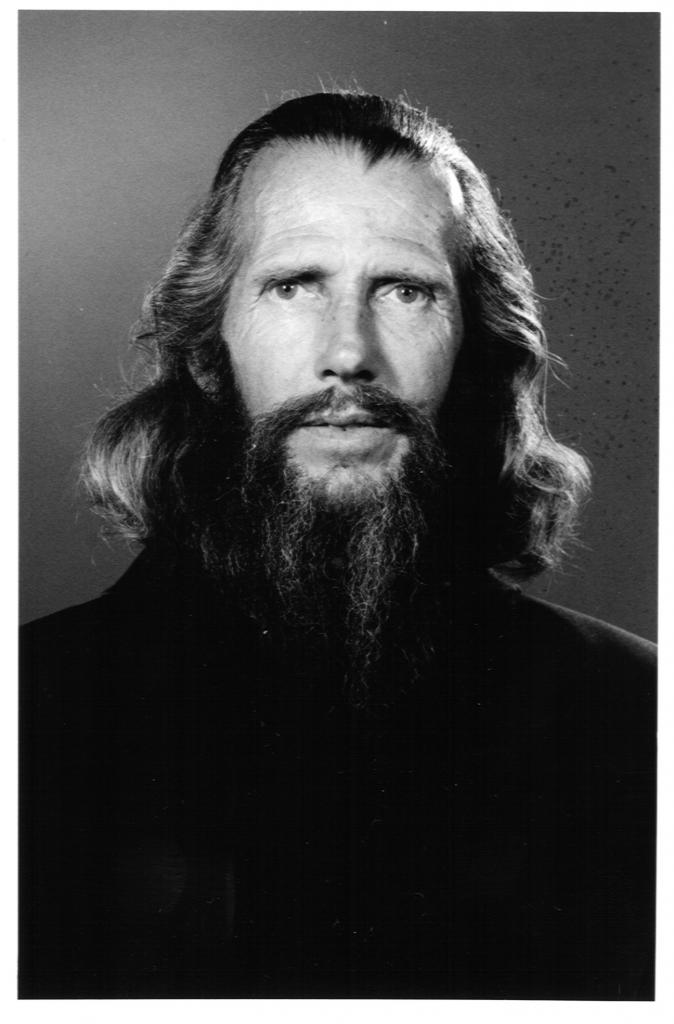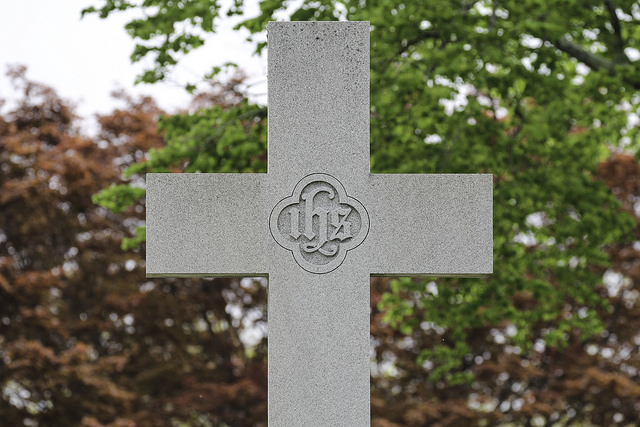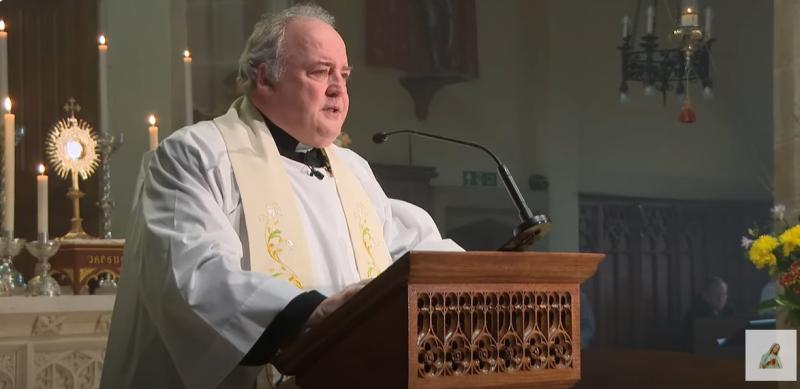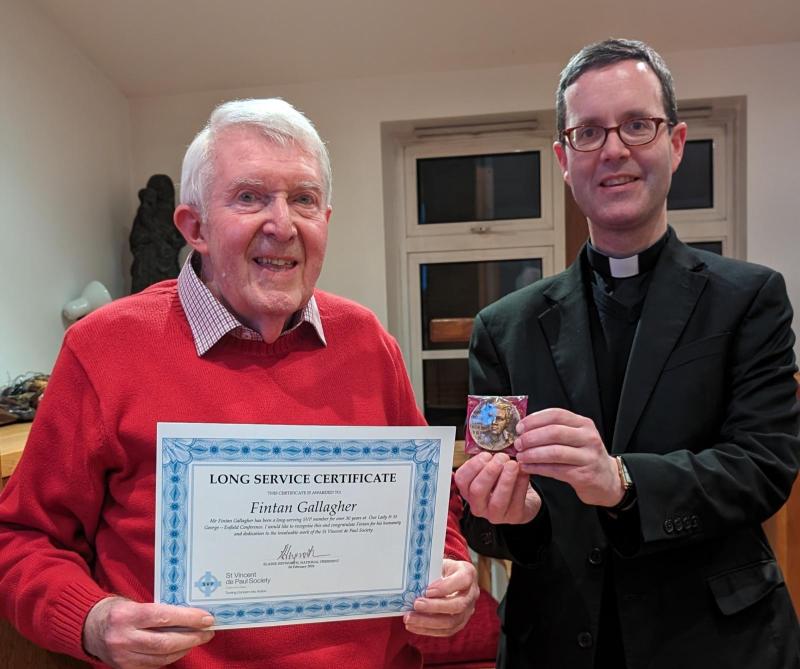by Didier Rance
John Bradburne’s life and work had a powerful impact on me, after I had been working for more than 30 years studying the Catholic martyrs of our time. Bradburne’s story stood out. For three years I devoted my time to reading and rereading Bradburne’s poems and letters, scouring the archives made available to me by the John Bradburne Memorial Society archives, and following his footsteps in Britain, Europe and Africa.
Born in 1921 in Skirwith, Cumbria, son of an Anglican clergyman, Bradburne spent a good part of his youth climbing the Lakeland Fells. It was when he was drafted into the British army in 1940 that religion became an influence in his life. He found faith when death was all around him with the Chindits, a special operations unit of the British Army in Burma.
He returned to Europe a reluctant hero and went through a succession of jobs, including forester, schoolmaster, stoker on a fishing trawler, gravedigger, street musician, garbage collector - but in time he came to realise that his real vocation lay with God. In 1947 he joined the Catholic Church, experimenting first with both Benedictine and Carthusian spirituality, before deciding to follow the spiritual path of St Francis of Assisi. Bradburne described himself variously as a ‘Buffoon of Christ’, ‘a fool skilled in fiasco’, pilgrim, hermit, mystic, drifter and a ‘rolling stone’.
In 1961, Bradburne asked his wartime friend John Dove, who had become a Jesuit in what is now Zimbabwe, to find him a suitable retreat where he could retire from the world. He left the following year for Africa, where he started a new round of odd jobs, as handyman in a Franciscan mission, then warden of a Jesuit residence. In 1969, he went with a friend to visit Mutemwa Leprosy Centre, where hundreds of lepers were awaiting death in appalling conditions.
Bradburne decided to live among them, soon making himself a friend of one and all. He acted as the lepers’ caretaker, nurse, cook and confidante. He even formed a Gregorian and Shona choir. Mutemwa quickly became a special place of prayer, peace, laughter and joy; yet, sadly this awoke jealousy and suspicion, and he was expelled from the Centre. Bradburne’s expulsion from Mutemwa lasted six months, a time he spent living on Chigona Mountain overlooking the centre, coming at night to visit the lepers, and writing some of his most profound Trinitarian poems.
When he was allowed to return to live near the settlement, Mutemwa had become caught up in the turmoil of civil war and the atrocities perpetrated by both sides in the conflict. It was suggested that he leave for his own safety as guerilla warfare surrounded Mutemwa. Bradburne stoutly replied, ‘Would they waste a bullet on a clown?’ He stayed on to care as best he could for the lepers as the situation grew desperate, but in 1979, abducted by guerillas, Bradburne was put on trial and summarily shot dead.
Bradburne’s legacy includes Mutemwa itself, which is now a place of pilgrimage, and there is a growing movement in support of his cause for sainthood. And there is also the rich legacy of his poetry:
To those who, loving little, live life not
I make for death no deep apology;
To those who look upon it as the cot
Of rest in Christ till rising, I reply
Duly with Alleluia; but, to die
Wait not till death: die to the deadly seven,
Put on in time sublime eternity,
Think immortality, link up with Heaven.
Jean Vanier, the founder of L’Arche, said, ‘The story of John’s life has touched me, heart and soul, and brought me closer to God. It has revealed to me a God wonderfully full of surprises, better, more intelligent, more creative than we could imagine. An extraordinary God who cannot be confined in rational concepts or in an ordinary religious life.’
Our diocese retains an extraordinary link with John Bradburne, for in 1957 he worked for a year as sacristan at Westminster Cathedral, a place he described affectionately in a letter as peopled with ‘cranks and wise men, holy women and scrupulous crackpots, and publicans and sinners and saints.’
The UK edition of John Bradburne: The Vagabond of God, by Didier Rance is sold by The John Bradburne Memorial Society, PO Box 32, Leominster, HR6 0YB, priced at £15 inclusive of postage.
www.johnbradburne.com
The book received the prestigious Grand Prix Catholique de Littérature in 2013.




